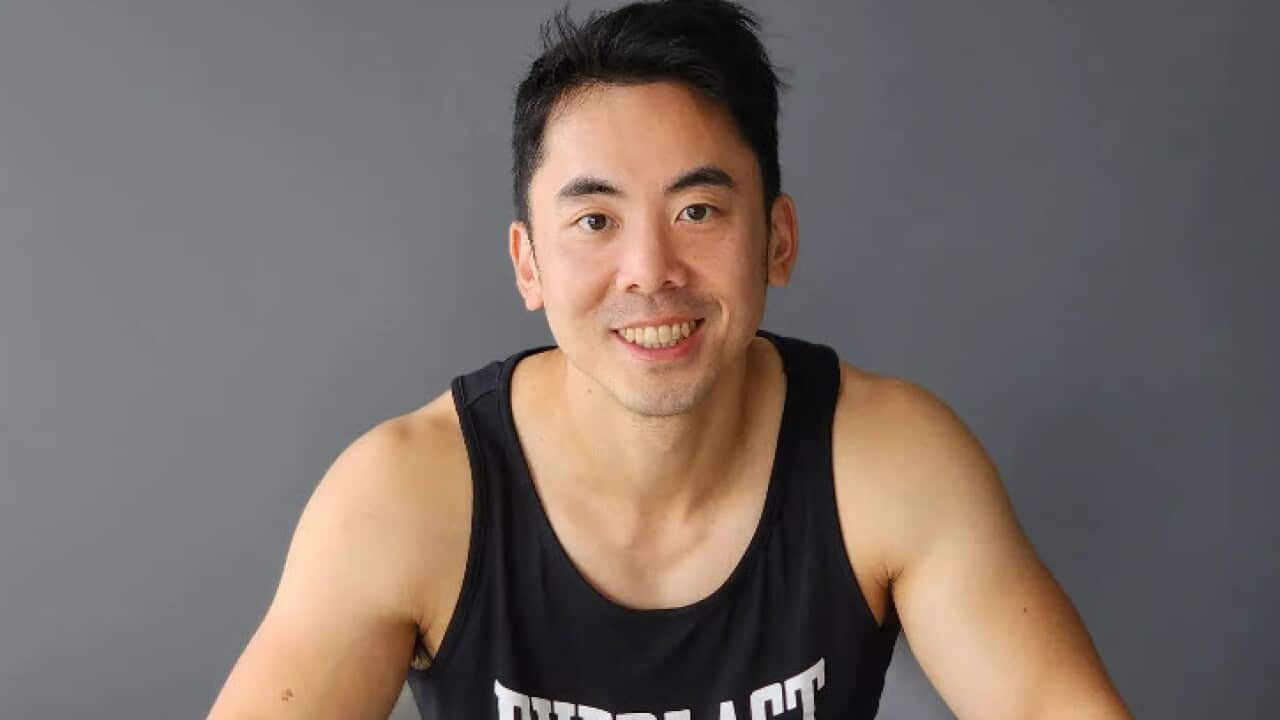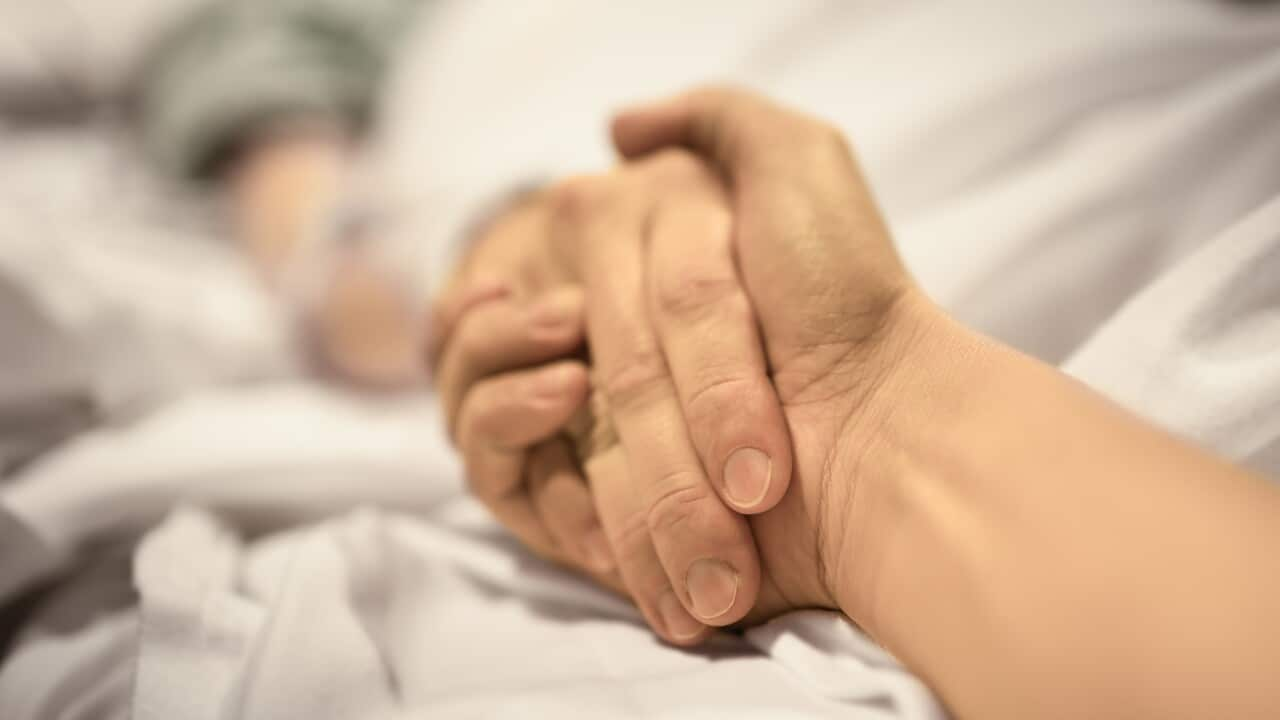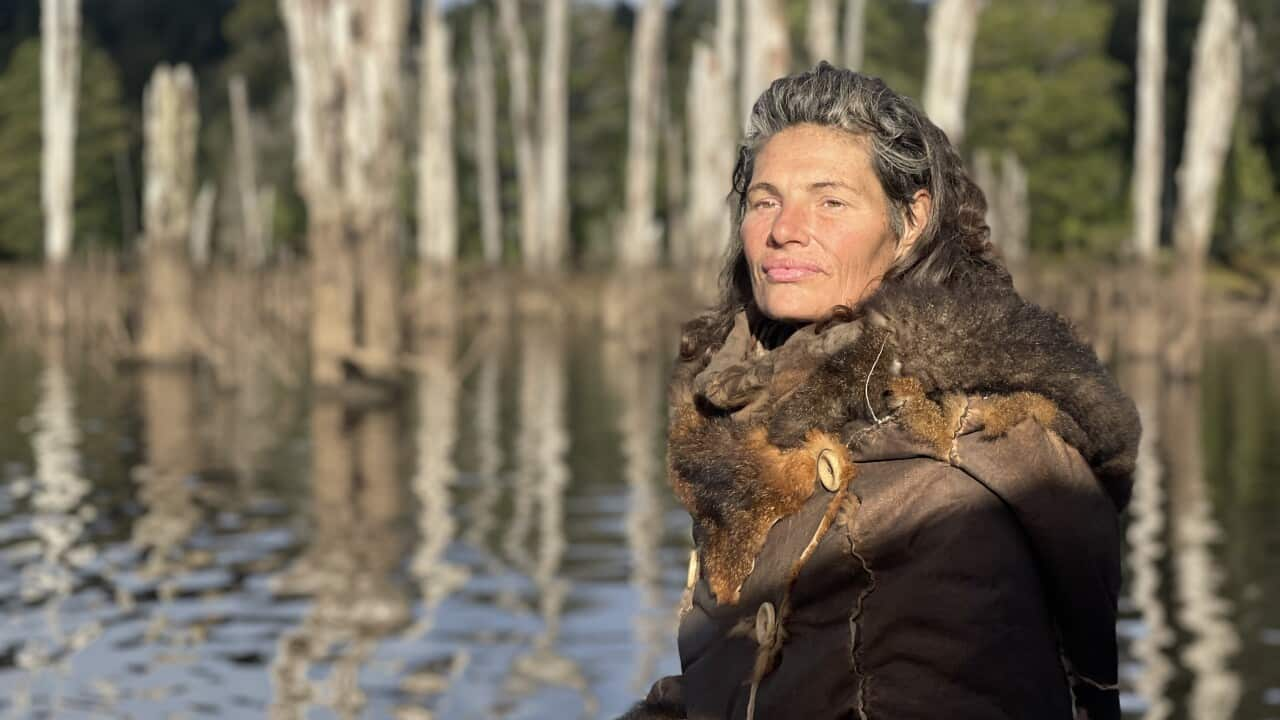Watch Insight's episode on Living Longer — and how to live both longer and better — on .
In December 2022 I was told I have a rare, aggressive and incurable brain tumour.
At 63, my prognosis is bleak; the average longevity from the initial diagnosis of Glioblastoma is 14 months.
And to make things worse, I have a gene mutation that indicates I'm unlikely to respond to chemotherapy.
So after having brain resection surgery, chemotherapy and radiation I withdrew from my treatment.
Instead, I decided to take control of my health journey and dictate the circumstances of my death, as well as the quality and focus of my remaining life.
Shaping my death and enhancing my life
Accepting my prognosis drove me to get my affairs in order so I could leave my family in the best financial and emotional position I could.
I have also taken steps to guide my death with the help of WA Voluntary Assisted Dying (VAD) and Go Gentle Australia.
In my VAD journey I have found compassion, efficiency and simplicity, aspects that have sometimes been missing from other elements of my health journey.
My application for assisted dying has now been approved and knowing that my death is now largely in my hands has granted me an overwhelming sense of calm and euphoria.

Dan Colgan (far right) says living with a terminal illness makes him grateful for everyday things, like mowing the lawn or spending time with family. Source: Supplied
This involves embracing a calorie-restricted keto diet to reduce glucose intake and suppress cancer growth.
I'm also looking to add some off-patent drugs and hyperbaric oxygen to try to trigger tumour apoptosis (cell death) and promote anti-angiogenesis (the growth of new blood vessels).
I try to take in every moment and experience as it comes along.
At this point in time no-one claims it's a cure for cancer; they're not allowed to.
I am hopeful and even cautiously optimistic about my treatment, while acknowledging that the odds are stacked against me.
Hope and determination
For the most part, facing death means I don’t tend to worry about the things I can’t change, only those I think I can.
Some days I am fighting a reticent bureaucracy for support, and on others I am able to just surrender myself to smelling the roses.
I don’t have a bucket list; no plans to climb a mountain or sail on the ocean.
I try to take in every moment and experience as it comes along.
I'm mostly grateful for everyday things, like mowing the lawn, tending the garden or taking a walk.
Statistically, there is less than a 1 per cent chance that I will reach two years post-surgery.
But you can’t put a statistic on hope and determination.
Whether or not my efforts to live a longer life are successful will be known in time, but for me the most important aspect is that I would have been in control of my own destiny.













